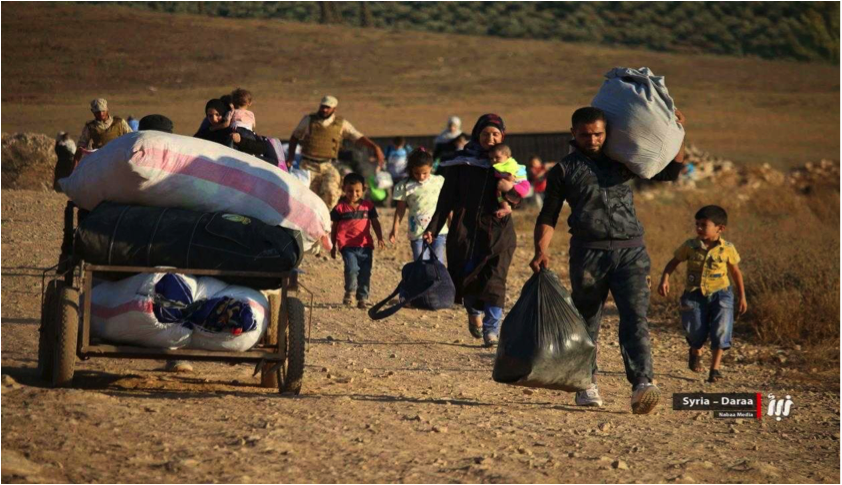The Royal Decree to establish the Hashemite University was issued on 19th June 1991. Teaching at the university started on 16th September 1995 on a total area of 8519 acres. Raising the level of scientific research, postgraduate studies, curriculum development, creating university environment for excellence, creativity and leadership, and to prepare eligible human capital who are capable of contribution to the scientific, process and development and community service to keep up with the times and modernisation is the mission for the university.
The Hashemite University applies the credit hour system. This system provides students with the needed amount of flexibility and freedom in choosing the courses that satisfy their preferences and their academic, cultural and social aspirations. It also intensifies the opportunities of students from different faculties and institutes to interact and communicate with each other effectively.
Rasha Istaiteyeh
Dr. Rasha Istaiteyeh is an Associate Professor of Economics at The Hashemite University in Jordan. A scholar of economic development and human capital, Dr. Istaiteyeh authored Economic Development and Highly Skilled Returnees: The Impact of Human Capital Circular Migration on the Economy of Origin Countries: The Case of Jordan. She teaches courses on Economic Development, Jordan’s Economy, Macroeconomics and Microeconomics. Dr. Istaiteyeh holds a PhD in Economics from the University of Kassel in Germany.
In 2021, Dr. Istaiteyeh served as a consultant for the International Development Research Centre & Cuso International and World Refugee & Migration Council. The year prior, she consulted the Arab Renaissance for Democracy and Development, a Civil Society Organization in Jordan.
She is an affiliate researcher at the Institute for the Study of International Migration (ISIM) at Walsh School of Foreign Service at Georgetown University in USA. She is also a faculty associate at Center for Social Development(CSD) at Washington University in St. Louis/USA.






Morocco occupies a strategic position south of the Strait of Gibraltar, at the crossroads of migratory routes between sub-Saharan Africa and Europe. This geographical location confers upon Morocco both a pivotal role in migration flows and significant political leverage in its negotiations with the EU. Consequently, Rabat claims a differentiated treatment compared with other African states. Since 2000, the European Union (EU) has aimed to establish a readmission agreement with Morocco[1]. Such an agreement would facilitate the return of both Moroccan nationals and third-country nationals (TCNs) transiting through Moroccan territory who are deemed undesirable within the EU. After more than twenty years of negotiations, no agreement…